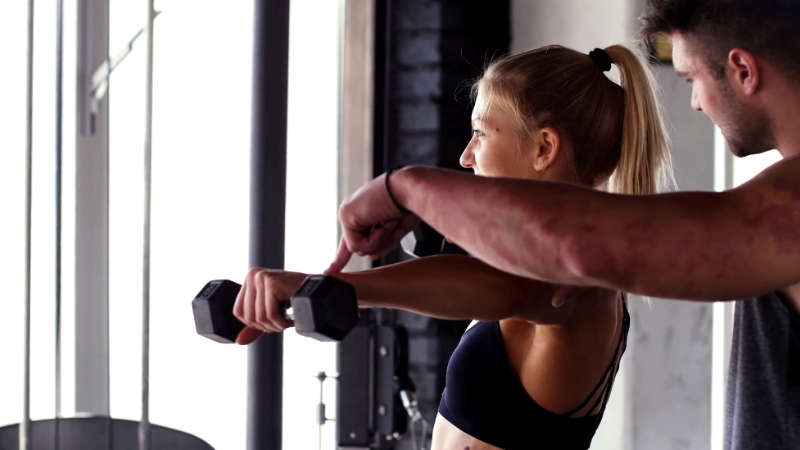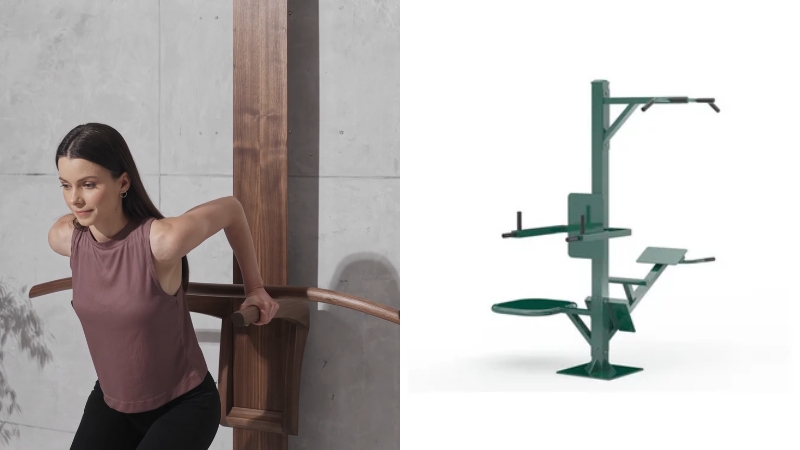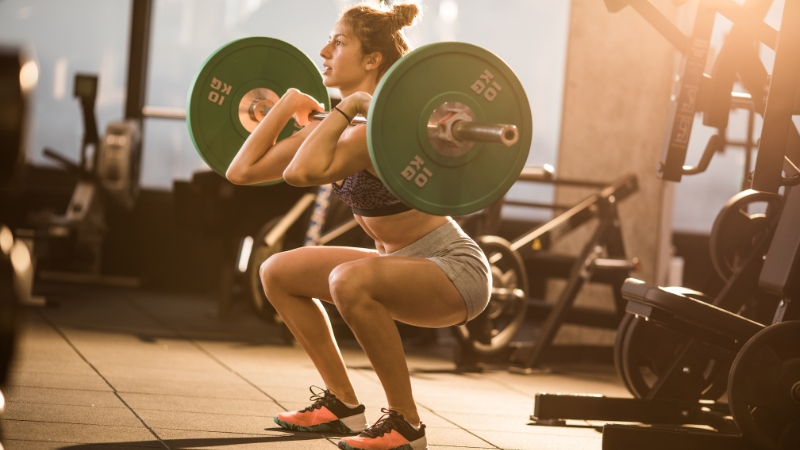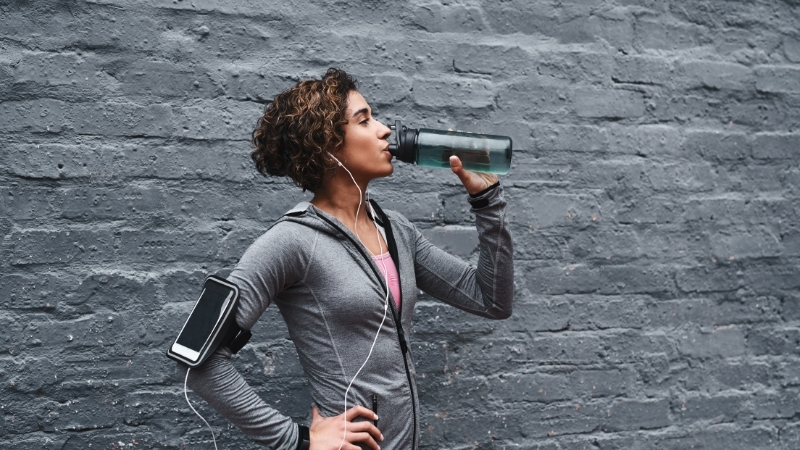
Share Post:
When it comes to protein, there’s a lot of noise out there. Between fitness trends and diet plans, it’s hard to know how much you should actually be getting. And, let’s be real—our needs vary depending on who we are and what stage of life we’re in. Today, let’s talk about how much protein is ideal for men, women, and everyone in between.
Table of Contents
ToggleKey Takeaways

According to very well health, protein intake requirements depends on age, gender, and special circumstances:
- Teenage girls (14–18 years): 46 grams daily.
- Teenage boys (14–18 years): 52 grams daily.
- Adult women (19+ years): 46 grams daily.
- Adult men (19+ years): 56 grams daily.
Age, Gender, and Special Circumstances

How much protein your body needs isn’t a one-size-fits-all answer. It changes with age, gender, and life stage. Let’s break it down group by group so you can find the right target for yourself or your loved ones.
Age Group
Protein Requirement (grams/day)
Infants
11
Children (4–8 years)
19
Children (9–13 years)
34

- Teenage girls (14–18 years): 46 grams daily.
- Teenage boys (14–18 years): 52 grams daily.
Teenage years bring rapid physical changes, not to mention hormonal chaos. Protein helps support everything from growing taller to managing energy levels.
Boys usually require more protein due to increased muscle mass and a faster rate of growth compared to girls.
Adults
- Adult women (19+ years): 46 grams daily.
- Adult men (19+ years): 56 grams daily.
For most adults, the protein needs are relatively stable unless activity levels or health conditions demand otherwise.
Women generally require less protein than men because of differences in muscle mass and metabolism. Women generally require less protein than men because of differences in muscle mass and metabolism.
In addition to protein, maintaining gut health is crucial for overall well-being. Incorporating probiotics for women can support digestive health, which is vital for nutrient absorption and immune function.
Pregnant and Breastfeeding Individuals
- Pregnant individuals: 70 grams daily.
Protein requires increase significantly during pregnancy and breastfeeding.
Growing a human takes extra resources, and protein plays a critical role in fetal development, maternal health, and milk production postpartum. It’s like the building blocks for two people instead of one!
Why Men and Women Have Different Protein Needs
So, why does protein intake differ between genders? It comes down to biology. Men typically have more muscle mass than women, and muscle requires more protein to maintain.
Additionally, men often have higher basal metabolic rates, meaning their bodies burn more calories even at rest.
Women, however, require protein for processes like maintaining hormonal balance and supporting reproductive health. While the gap between male and female protein needs isn’t enormous, it’s significant enough to be factored into dietary guidelines.
Protein for Active Lifestyles

If you’re someone who hits the gym regularly or leads a physically demanding life, protein needs increase. Exercise, especially strength training or endurance workouts, breaks down muscle fibers.
Here’s what experts suggest for active individuals:
- Endurance athletes: 1.2–1.4 grams of protein per kilogram of body weight.
- Strength athletes: 1.6–1.8 grams per kilogram of body weight.
Where to Get Your Protein

- Animal-Based Sources
- Chicken, turkey, lean beef
- Fish like salmon, tuna, or cod
- Eggs
- Dairy products (milk, cheese, yogurt)
Animal-based proteins are “complete,” meaning they contain all the essential amino acids your body can’t produce on its own. They’re great options if you eat meat or dairy.
- Plant-Based Sources
- Lentils, chickpeas, and other legumes
- Tofu, tempeh, and edamame
- Nuts and seeds (almonds, chia seeds, flaxseeds)
- Whole grains like quinoa and farro
Plant-based proteins often require a little more creativity. Combining foods, like rice and beans or hummus with whole-grain bread, ensures you get a full range of amino acids.
Supplements
If you struggle to hit your protein goals, different supplements can be a convenient addition to your diet. The right supplement can make all the difference in achieving your health goals.
For instance, the GLP1 companion drink is designed to complement your wellness routine by supporting appetite regulation and promoting balanced energy levels.
This drink can be a great addition to your diet, especially if you’re working on weight management or maintaining steady blood sugar levels.
Packed with nutrients that work synergistically, it’s a smart, science-backed way to enhance your overall dietary strategy while ensuring your body gets the support it needs.
What are the Signs of Protein Deficiency?
Not getting enough protein can sneak up on you. Symptoms often start small but can worsen over time:
- Feeling fatigued or weak
- Loss of muscle mass or difficulty building it
- Thinning hair or brittle nails
- Slow healing from injuries
- More frequent colds or illnesses
*If you notice any of these signs, it’s worth taking a closer look at your diet. Small adjustments can make a big difference.
Can You Overdo It on Protein?
Yes, too much protein can be a problem, especially if it comes at the expense of other important nutrients. Overloading on protein can strain your kidneys, particularly if you’re not drinking enough water.
Balance is everything. Aim for your recommended range and let the rest of your diet include a variety of carbs, fats, and micronutrients to keep your body functioning at its best.
Simple Ways to Boost Your Protein Intake
Upgrade Your Breakfast
If you’re starting your mornings with sugary cereals or plain toast, it’s time for a switch. Options like scrambled eggs, Greek yogurt with a sprinkle of granola, or a quick protein shake can keep you full and energized for longer.
Eggs are a classic for a reason – they’re versatile, quick to prepare, and packed with high-quality protein. Greek yogurt, on the other hand, can be a refreshing option loaded with calcium and probiotics. Make sure to consult with professionals if you are looking for probiotics for women.
If you’re short on time, blending a scoop of protein powder with milk and some fruit gives you a portable, nutrient-dense breakfast in minutes.
Snack Smarter
Instead of reaching for chips or cookies, keep high-protein options within arm’s reach.
Nuts and seeds, string cheese, hard-boiled eggs, or protein bars are all quick, convenient choices that don’t require much prep.
For example, a handful of almonds not only delivers protein but also healthy fats and fiber to keep hunger at bay.
Protein bars are perfect for on-the-go days, but look for brands with minimal added sugar and a good protein-to-calorie ratio.
Plan Protein Into Every Meal
For lunch, toss some grilled chicken or tofu into your salad. For dinner, add a hearty serving of beans to your soup or stew.
Even meals like pasta can benefit from a protein boost—think shrimp, lean beef, or plant-based options like lentils.
By intentionally planning your meals this way, you’ll naturally get closer to your protein targets without feeling like you’re trying too hard.
Batch Cook Your Protein
Batch cooking is a lifesaver for anyone juggling a packed schedule. Spend a couple of hours on the weekend preparing high-protein meals that can be reheated or mixed into other dishes throughout the week.
Think hearty options like a big pot of chili, stir-fried chicken and vegetables, or baked salmon fillets. These dishes freeze well and can be portioned out for lunches and dinners.
The Bottom Line
Protein is the backbone of a healthy diet, no matter your age or activity level. From infants to active adults and pregnant individuals, everyone has unique protein needs. By knowing your target and making conscious food choices, you can ensure your body has what it needs to thrive.
So, what’s on your plate today? If it’s packed with protein, you’re on the right track!
Sources
1. WebMD – Discover How Much Protein You Should Be Eating Daily Based on Your Age and Sex
Related Posts:
- What Testosterone Really Does for Men - Health Gains…
- How To Choose Between Keto, Paleo, And Dash For Beginners
- 8 Women-Only Fitness Studios in Miami You Need to Know About
- Does Creatine Make You Poop? What You Need to Know
- One and Done Workout - Everything You Need to Know About It
- Can You Really Sculpt Your Face with Exercise?













